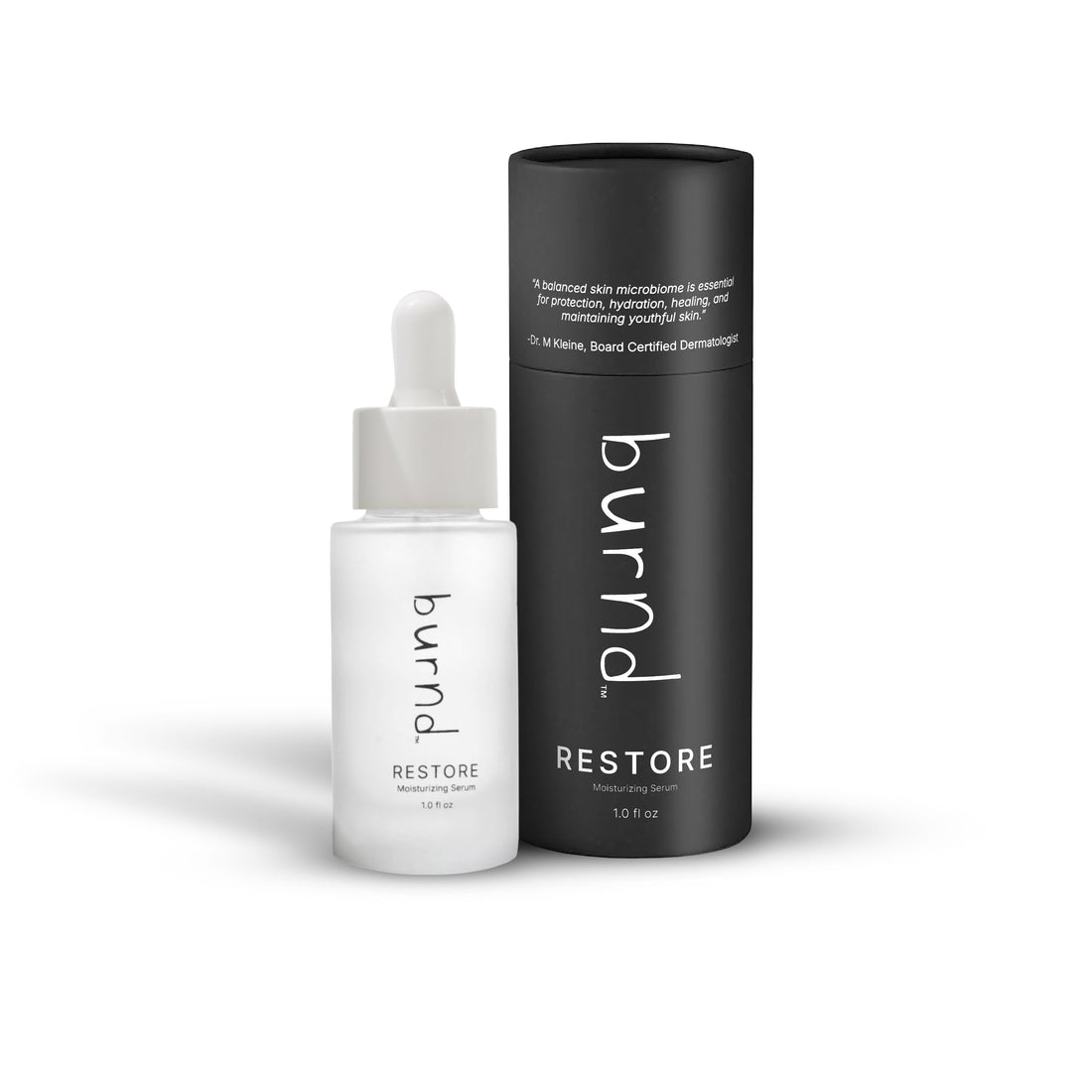
Skincare: Natural and Synthetic Ingredients
Why Well-Characterized Ingredients—Natural or Synthetic—Are the Best Choice in Skincare
The debate over natural versus synthetic ingredients in skin care is often oversimplified. While natural ingredients are marketed as safer and more wholesome, the reality is what matters most is not whether an ingredient is natural or synthetic, but how well it is characterized, tested, and proven effective. Well-researched synthetic ingredients and carefully standardized natural extracts offer the best balance of safety, efficacy, and consistency—something that raw, unregulated natural ingredients simply can’t provide.
Sunscreens As An Example
Here's the critical truth dermatologists emphasize: the best sunscreen isn't necessarily the most water-resistant or highest SPF—it's the one you'll actually wear consistently. This means sunscreens must not only work well but also feel pleasant on the skin, be non-greasy, and stay out of your eyes during activity. This delicate balance makes formulating good water-resistant sunscreens one of the cosmetic industry's greatest challenges.
Many consumers believe that mineral sunscreens containing zinc oxide or titanium dioxide are naturally waterproof, but this is incorrect. These active ingredients provide excellent UV protection but have no inherent water-resistant properties. The water resistance comes entirely from coating the mineral particles with a hydrophobic layer and the supporting cast of ingredients — the excipients or inactive ingredients on the label — that help these active ingredients stay on your skin when exposed to water.


